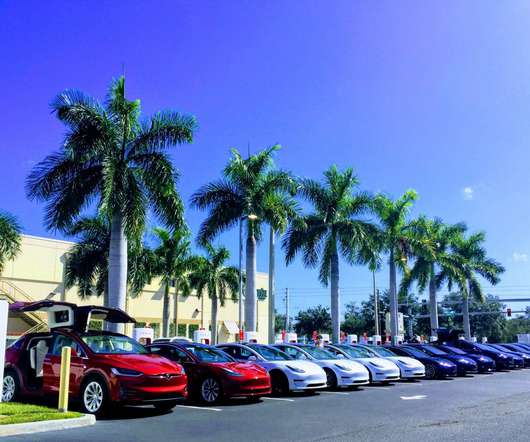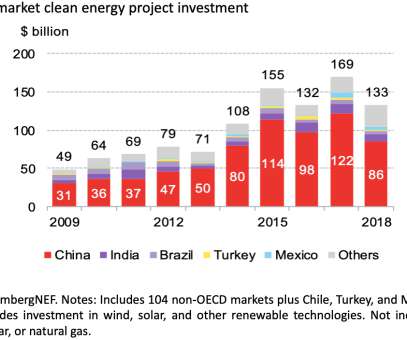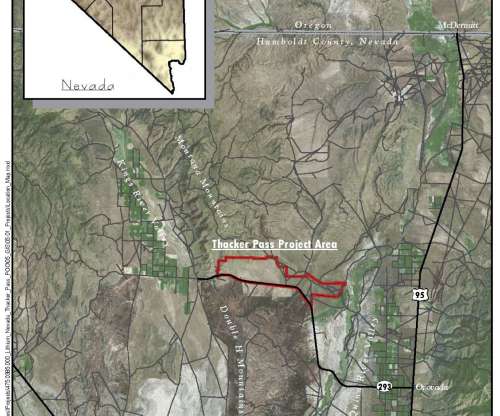Study finds methane emissions from coal mines ~50% higher than previously thought
Green Car Congress
FEBRUARY 1, 2021
The amount of methane released into the atmosphere as a result of coal mining is likely approximately 50% higher than previously estimated, according to research presented at the recent annual meeting of the American Geophysical Union. The authors point out that less coal production doesn’t translate to less methane.










































Let's personalize your content